‘RIGHTFULLY’ – by Fiona Daniels and Kimberly Henry
Introduction
In Jamaican culture and especially through reggae music, the country is known for the struggle to protect peoples’ rights. Jamaica has always been a pioneer for freedom, having fought to rid South Africa of apartheid. The term Civics is said to have derived from the Latin word ‘civics’ which means ‘relating to a citizen’. In the Jamaican space, it’s perceived as unwritten moral guidelines which teach persons how to navigate the social space. Civics focuses on imparting knowledge about rights – human and fundamental – personal responsibility, acceptable behavior and mores, national awareness, the duties of the citizen and the functioning of the democratic nation. Though the subject was formulated decades ago, there is a premise that there is a drastic degeneration in society because civics is no longer taught in schools or taught to the younger population.
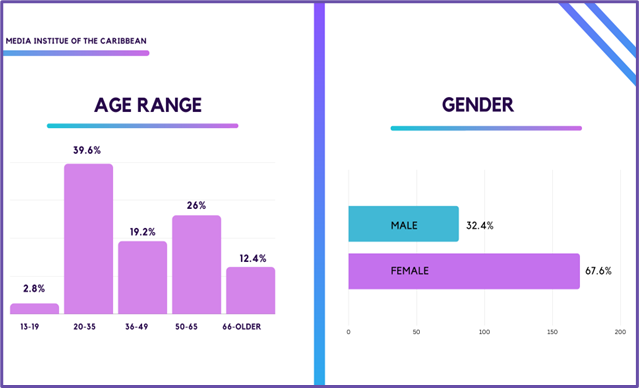 F1.Graphic showing ‘Covering the Civic Space 2023” Survey Results
F1.Graphic showing ‘Covering the Civic Space 2023” Survey Results
Data was also collected through live in-person interviews of 12 persons within the capital’s corporate area, which includes Half Way Tree, Downtown and New Kingston
Further data was collected through in-person and virtual interviews with members from the governing Jamaica Labour Party and the opposition People’s National Party, various ministries and advocacy groups.
Background
Civics was removed from the Jamaican school syllabus as a stand alone subject many decades ago. It was however sometimes intertwined into subjects like social studies and government. But, this integration meant less focus was placed on the topic and its importance and value was minimized. Since its removal many Jamaicans have clamored for its return, citing a rapid deterioration in the behavior of school students and graduates alike, who then go into the wider society and become disruptive.
Previously published articles have called for the reintroduction of Civics and for Jamaicans to know more about their rights. In 2016 then Minister of Education, Senator Ruel Reid mentioned there will be a reintroduction of civics in schools. He noted national awareness is an important part of a child’s development, and the teaching of civics must again occupy its rightful pride of place in schools, adding “Our students must know their basic human rights, know about Universal Adult Suffrage and the great men and women who fought for it. We want our citizens to be proud.
Jamaicans.” In September 2017, Executive Director of the Legal Aid Council, Hugh Faulkner said persons need to become more aware of their rights provided under the Constitution of Jamaica, to ensure their rights are not violated that human rights should be introduced into the school curriculum from as early as basic school. Pointing out that human rights are not currently taught in Jamaican schools, Technical Officer in the Enabling Environment and Human Rights Unit at the Board, Nicola Cousins, said a more long-term solution is needed to ensure that Jamaicans are properly equipped with the necessary knowledge to prevent the violation of their rights.
In June 2022 the former president of the Jamaica Teachers Association, Winston Smith renewed the call for the reintroduction of civics in schools, describing the removal from the national curriculum as a grave and fundamental error. A few months later, in December 2022, there was a relaunch of civics in schools by the current Minister of Education, Fayval Williams. She said the aim of the relaunch is to provide guidelines that will be used by teachers to help strengthen the foundation of a successful and balanced society in which Jamaicans will appreciate the rules that govern the relations with fellow citizens and the Government.
With many Jamaicans holding firm to the notion that national pride, love and regard for human life and rights have deteriorated dramatically, this research focused on how, why and if Civics is reintroduced in schools, if it can realistically support the efforts to regain a better Jamaican society.
Body
Now it is 8 months into 2023 and what progress has been made? Let us first look at the current status of Jamaican citizens and how much they know about their rights. The results of the survey shows that only 28% of the respondents fully know their rights and only 29.2% of them know what to do if their rights or others’ rights are violated.
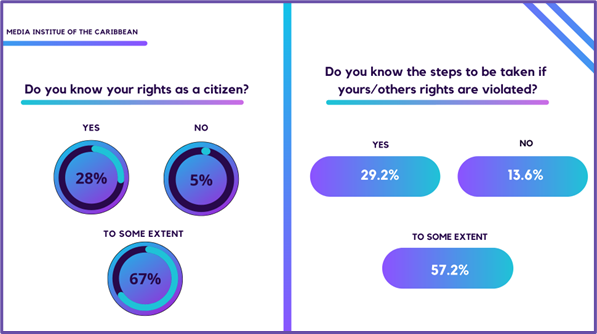 F2.Graphic showing ‘Covering the Civic Space 2023” Survey Results
F2.Graphic showing ‘Covering the Civic Space 2023” Survey Results
The results of the in- person interviews were also the same in which just three of the twelve persons could name any right or responsibility expected of a citizen. Also, while 82.9% of respondents know what civics is, only 50.8% of them were taught it in school. The same for the in-person interviewees.
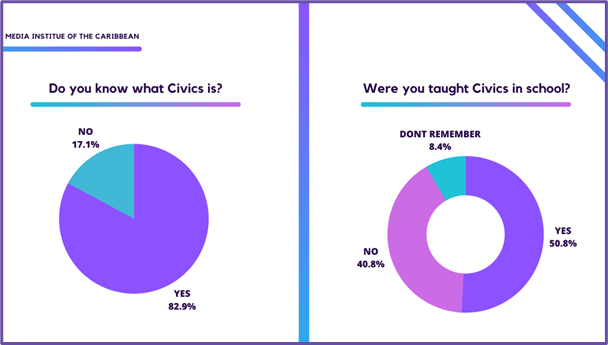
It therefore can be stated that even though Civics was being taught in schools before, for generations, there has been an imbalance with how it was taught. This sentiment was further supported by the current Minister of Education and Youth, Fayval Williams.
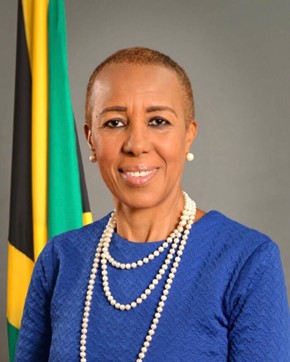 Minister of Education and Youth, Fayval Williams
Minister of Education and Youth, Fayval Williams
She said with the reintroduction, she had requested for a survey to be done on Civics, and looking at all schools, looking at their timetable, the results suggested that only a small percentage of schools actually taught civics.
However, Former Education Minister, Maxine Henry Wilson, said over the years, the Education Ministry changed the way education was delivered and so some stand alone subjects were incorporated into other subject areas. She explained that this is what happened with Civics.
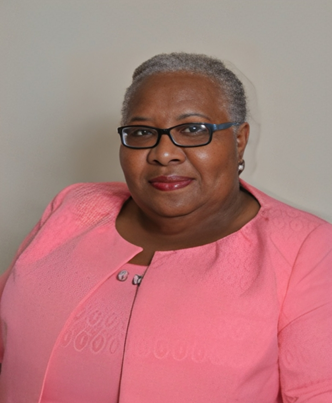 Former Education Minister, Maxine Henry Wilson
Former Education Minister, Maxine Henry Wilson
For many years, many stakeholders and members of the public have called for the return of Civics in schools. Almost 100% of participants in this story believe it is important to be taught Civics, and that it should be incorporated in schools.
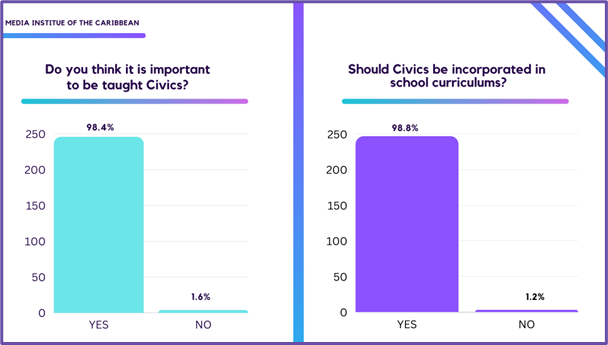 F4.Graphic showing ‘Covering the Civic Space 2023” Survey Results
F4.Graphic showing ‘Covering the Civic Space 2023” Survey Results
Minister Williams said with the recent reintroduction, she is hoping for Civics to be pulled out and be taught as a discrete subject so it would gain more focus and significance instead of being embedded under something else. However, so far, it is not mandatory.
Opposition Spokesman on Education, Damian Crawford said he believes there has been a lot of push back against many things that are perceived mandatory in recent times and so the government might be fearful and weary of putting forward the proposal as mandatory.
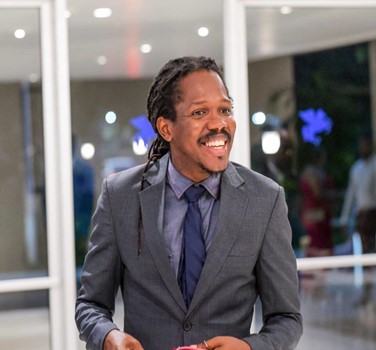 Opposition Spokesman on Education, Damian Crawford
Opposition Spokesman on Education, Damian Crawford
Meanwhile, 99.2% of our survey respondents agree that Civics can positively impact Jamaica’s development.
During his time in office, Former Minister of National Security (now Opposition Spokesman), Peter Bunting, said he witnessed a nexus between Education and National Security. He said the studies by researchers at the The University of the West Indies and The Violence Prevention Alliance, found that children that dropped out of school, more specifically boys, made up 85% of gangs. He further explained that public order, generally, is going to benefit from a society where the values from Civics would be infused into their awareness.
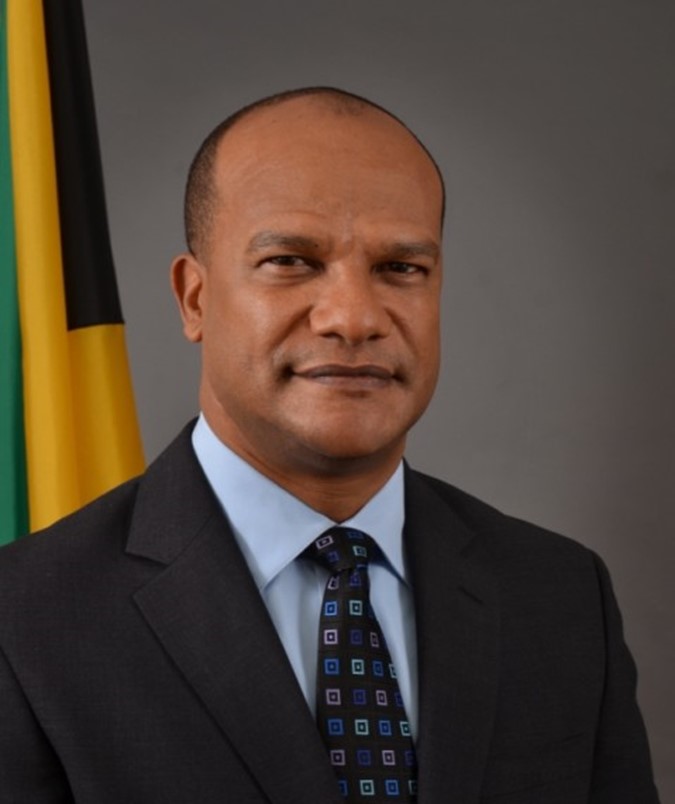 Opposition Spokesman on National Security, Peter Bunting
Opposition Spokesman on National Security, Peter Bunting
Though Mr.Bunting doesn’t believe schools can be totally blamed for the drop in behavioural standards, he acknowledges that they have a significant role to play. This sentiment was echoed by Minister of Justice, Delroy Chuck, who believes Civics has to expand to all parts of society. He says he supports the teaching of Civics but there can be no doubt that it would be useful to get parents and the community involved too.
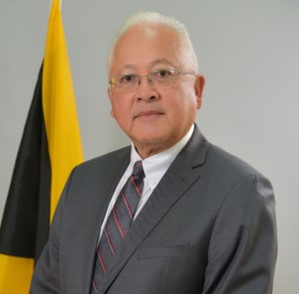 Minister of Justice, Delroy Chuck
Minister of Justice, Delroy Chuck
In January Kathey Wanliss, a curriculum specialist and head of the Modern Languages Department at Shortwood Teachers’ College wrote an article, explaining that Civics would be identified as an informal form of curriculum. She said the increase in decline in our moral fabric should not be solely attributed to the absence of civics in schools but rather a decline in the village culture and the breakdown of family life. While she supports the reintroduction, she also noted that civics might need to be extended outside of the walls of schools and into the wider society, especially within homes, as the family is still one of the basic agents of socialization.
Likewise, Mr.Crawford alluded to it being taught in churches, community clubs and also at the Jamaica Foundation for Lifelong Learning.
Principal Director of the National Integrity Action, Danielle Archer, who benefitted from Civics, believes it would have a much stronger impact, as a stand alone subject, as it emphasizes not only rights, but also the responsibilities of people. She said the lack of information and training of how important you are as a citizen and what your rights and responsibility are as certainly contributed to where we are, with the lack of governance the lack of apathy and with the unreasonable entitlement we see with respect to governments duty without appreciating what we are suppose to do.
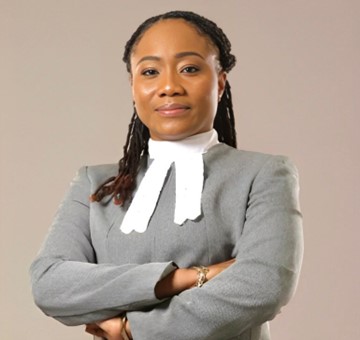 Principal Director of the National Integrity Action, Danielle Archer
Principal Director of the National Integrity Action, Danielle Archer
Mr.Crawford believes acculturation is one of the contributing factors, to be blamed for the shift in values and attitude in the Jamaican society. He noted that back in the 1990s, our cultural influence was reserved to interacting with someone directly while now, the internet is giving multiple cultural influences which often lead to cultural dilution.
Discussion and Conclusion
There is no statistical data to answer how direct the link is between the degradation of the society and the removal of civics. The information on why exactly Civics was removed as a stand-alone subject, has been lost over the decades between the many persons who have assumed the relevant roles in the Education, Justice and National Security Ministries.
The update is that so far only 30% of schools have incorporated Civics in their syllabuses since its 2022 reintroduction. More teachers and school personnels are also being trained to provide this knowledge to students and revised curriculums have been made available online. But is this enough?
The call is for it to be mandatory in all schools. Mandating civics will help to ensure more Jamaicans from all walks of life will learn their rights. it can also help to address a myriad of concerns, such as crime, delinquency, tax avoidance, anti-social behavior in schools, growth of gangs and more. opposition members, governing members, stakeholders, advocates, members of the general public and those in the diaspora all agree that the teachings of civics should reach each and every young mind. The future of a stable and civilized nation depends on it.
- Protection of right to life
- Protection from arbitrary arrest
- Respect for private and family life
- Protection for privacy of home and property
- Protection of freedom of conscience
- Protection of peaceful assembly
- Protection from discrimination
- Protection of the expression
- Rights to fair trial
- Right to vote
- Freedom of worship
- Freedom of movement
Responsibilities
Pay taxes
Voluntary Responsibilities
List of Rights and Responsibilities of a Jamaican Citizen
